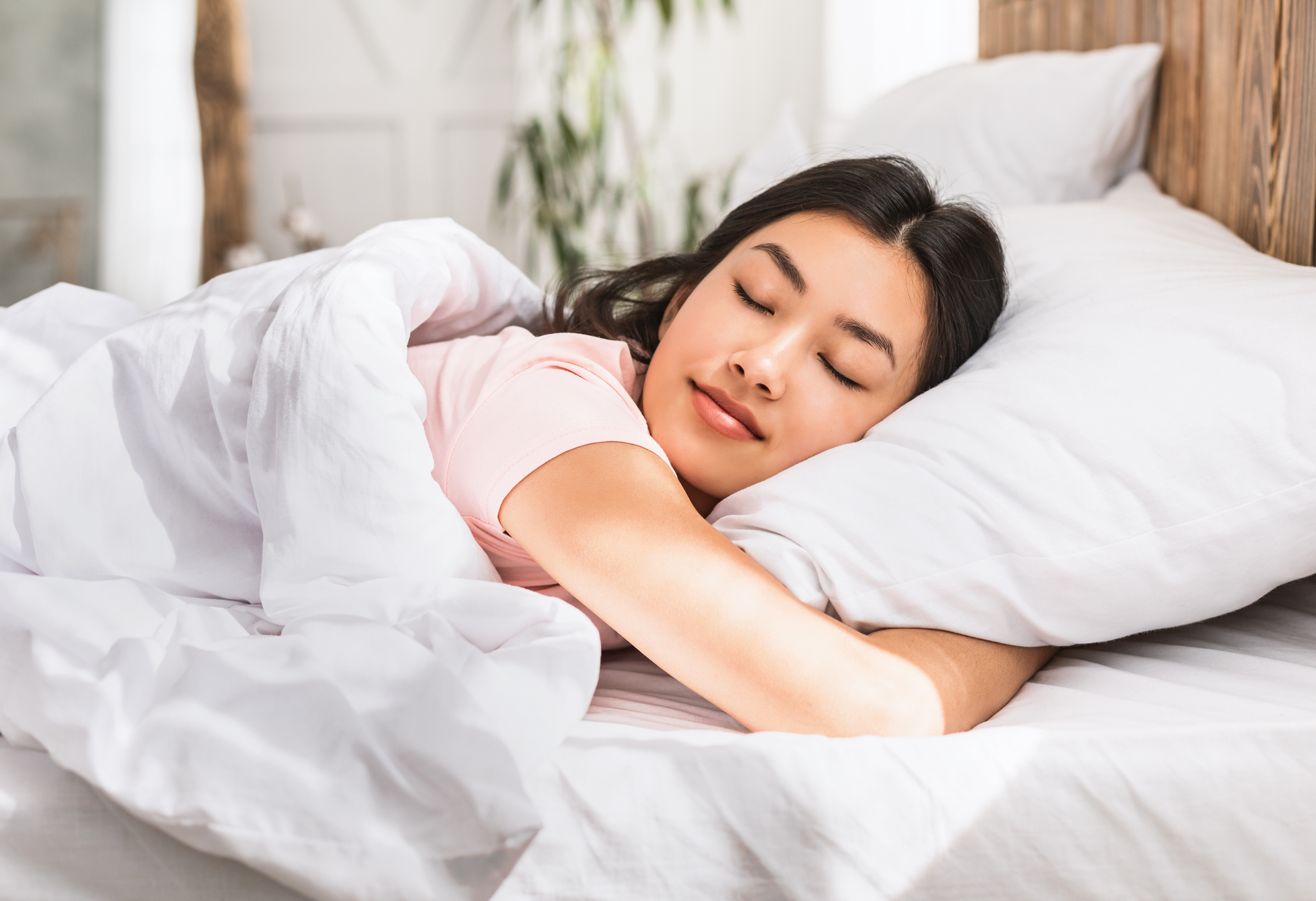Lawyer stress management: Essential tips for 2025.
Lawyers often face high levels of stress due to their demanding careers and lack of work-life balance. Studies reveal that nearly 80% of in-house lawyers experience stress or burnout, with long hours and pressure to skip vacations being common challenges. In fact, 38% of lawyers work extended hours, and one in four report insufficient breaks throughout the day. These factors contribute to poor mental health and, in extreme cases, thoughts of suicide. It’s critical for lawyers to address stress early to maintain their well-being.
Work Life Balance
One effective strategy is finding a work-life balance. Start by setting small goals, such as leaving work early once a month to attend personal events. Try remote work or schedule slower days to decompress. Establish clear boundaries, like not checking emails after a certain time, and prioritize relaxation during weekends.
Try a Paralegal
Another method is delegating tasks. Many lawyers feel the need to control everything, but working with a paralegal can help reduce stress. Delegating routine tasks allows you to focus on high-priority client work and more important responsibilities.
Integrate Technology
Using legal technology can also significantly ease workload. Many firms are adopting tools that streamline time-consuming tasks, such as legal research and document discovery. Technology can make these processes faster and more efficient, saving you time and stress.
Get Fit
Exercise is another key to stress management. Physical activity stimulates endorphin production, reducing stress. Incorporating exercise into your routine doesn’t have to be difficult; consider using a treadmill desk, walking during breaks, or taking yoga classes.
Employee Wellness Programs
Many law firms offer employee wellness programs that provide valuable resources such as gym memberships, yoga classes, therapy sessions, and personal development opportunities. Taking advantage of these programs can help you reduce stress and improve your overall well-being, making it easier to stay productive and focused. With these wellness tools at your disposal, you can enhance your performance both inside and outside the office.
Time Out
Equally important is making time for yourself to rest and recharge. Even the most dedicated lawyers need breaks to avoid burnout. Taking regular vacation days and truly disconnecting from work is essential for maintaining long-term health and productivity. By incorporating healthy habits, like time away from the office and a balanced routine, you can foster a sustainable approach to stress management and achieve a better work-life balance.
Sleep Deprivation
Lawyers are no strangers to sleep deprivation, but the situation may be more severe than many realize. A new IKEA report reveals we get 1 hour and 20 minutes less sleep than we want – and it uncovers a mathematical formula for achieving the perfect night’s rest. IKEA Sleep uncovered – IKEA's largest global study surveying over 55,000 people across 57 markets – reveals Mainland China has the highest score for sleep quality, with Norway having the lowest, and USA second to last.
One of the largest sleep studies ever undertaken, the report surveyed 55,221 participants across 57 markets, with fieldwork conducted between 13th August 2024 and 20th September 2024. The report provides new insights into global sleep habits and reflects IKEA’s vision to help create a better everyday life for the many people.
Experts Identify Two Common Sleep Mistakes and Healthy Habits to Embrace for Better Rest
Despite the alarming results, the study highlighted a shared global desire for better rest. "On average, people miss out on 1 hour and 20 minutes of sleep each night, amounting to over 20 full days of lost sleep annually," the report noted. While the average person sleeps 6 hours and 40 minutes per night, most aspire to get closer to the recommended 8 hours.
Many of us can relate to these sleep challenges, but what are we doing wrong? Experts point out two common sleep mistakes.
Mistake #1: Relying on Sleep Pills
The report raised concerns about the widespread use of sleep medication, with 19% of people globally depending on drugs to fall asleep, and 5% using them daily. This mirrors data from a 2023 report by the Centers for Disease Control and Prevention, which revealed that in 2020, 6.3% of U.S. adults were taking sleep medications daily, with 10% using them occasionally.
While sleep pills might offer temporary relief, they can lead to dependence. According to the Mayo Clinic, most prescription sleep medications come with side effects such as dizziness, headaches, nausea, daytime drowsiness, memory issues, and in some cases, hallucinations or suicidal thoughts. Over time, relying on medication can also prevent you from addressing underlying issues affecting your sleep.
Mistake #2: Using Screens Before Bed
The Ikea study found that screens have become an ingrained part of many people's bedtime routines. About 72% of respondents use their phones in the bedroom, with the number rising to 86% among 18-24-year-olds—this age group is also the most likely to worry about their sleep quality. Other devices such as laptops (24%) and TVs (39%) are commonly used before bed. The National Sleep Foundation (NSF) also found that 58% of respondents are looking at their phones within an hour of bedtime.
The problem with screens, especially before sleep, lies in two key factors: blue light and mental stimulation. Blue light, emitted by smartphones, laptops, and TVs, interferes with our circadian rhythm by promoting wakefulness and suppressing the production of melatonin, a hormone that helps us fall asleep. Additionally, engaging with devices can stimulate your mind, making it harder to relax before bed. Whether it’s scrolling social media, playing games, or responding to emails, this activity keeps your brain alert when it should be winding down.
Healthy Habits for Better Sleep
Fortunately, there are several strategies that can help improve your sleep quality. The Ikea report suggests a variety of habits that sleep experts also recommend.
1. Establish a Consistent Bedtime Routine
One of the best ways to prepare your body for sleep is to stick to a regular bedtime and wake-up schedule, even on weekends. “People are simply not giving their brains the opportunity to settle and unwind prior to going to bed,” said Wendy Troxel, a sleep scientist at the Rand Corporation. She recommends creating a wind-down routine 30 minutes before bed, such as taking a warm bath, reading a book, or practicing mindfulness. These activities help signal to your brain that it's time to sleep.
2. Get Plenty of Natural Light During the Day
Getting outside in the natural light during the day is a great way to regulate your circadian rhythm. Dr. Jamie Zeitzer, a Stanford University professor, explains that exposure to early morning or daytime sunlight can have a significant positive impact on your sleep that night. Those who work in offices with little natural light or work from home often struggle with sleep because they miss out on this essential element.
3. Exercise Regularly
Regular physical activity promotes better sleep, but timing matters. While exercise can help improve sleep, vigorous workouts close to bedtime can interfere with your rest by releasing endorphins that keep you awake. Aim for moderate exercise earlier in the day to enjoy a better night’s sleep.
4. Create a Sleep-Friendly Environment
Creating an ideal sleep space is essential for quality rest. Ensure your bedroom is quiet, cool, and dark. The CDC suggests that a good sleep environment helps reduce stress, which is one of the biggest barriers to restful sleep. Stress and anxiety about sleep can lead to poor-quality sleep, so it's important to eliminate distractions and make your environment as cozy as possible.
5. Put Away Your Screens
The importance of reducing screen time before bed cannot be overstated. Instead of checking your phone or watching TV, try winding down with an audiobook, a podcast, or reading a physical book. Consider putting your phone in a drawer or, better yet, leaving it in another room entirely to avoid the temptation to check it once you're in bed.
6. Opt for Chamomile Tea and Healthy Snacks
Avoid stimulants such as caffeine and alcohol near bedtime, as these can interfere with your sleep. Additionally, eating large meals before bed can make it harder to fall asleep. Instead, opt for light, healthy snacks like fruits, nuts, or yogurt before bedtime. Chamomile tea is also a calming beverage that can help promote better sleep.
By incorporating these habits into your routine, you can improve your sleep quality and wake up feeling refreshed. It’s all about finding balance and making small adjustments that work best for your lifestyle. The key to better sleep is consistency and setting the right environment to help your mind and body relax.
Americans are not alone in struggling with sleep, but by making intentional changes to their bedtime routines and daily habits, they can improve their sleep quality. Avoiding common mistakes like relying on sleep pills and screen time before bed, and adopting healthy habits like regular exercise, a consistent sleep schedule, and a calming bedtime routine, can make a significant difference. If these tips become part of your daily routine, better sleep could be just around the corner.
Lastly, take advantage of employee wellness programs if available, and prioritize taking time off to recharge. By adopting these strategies, lawyers can manage stress, boost productivity, and maintain a healthier work-life balance.




















